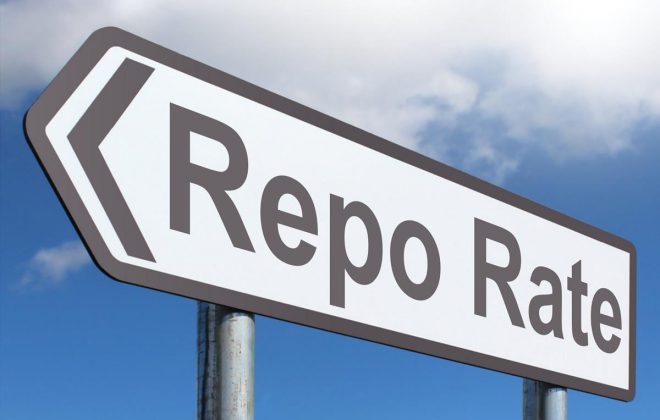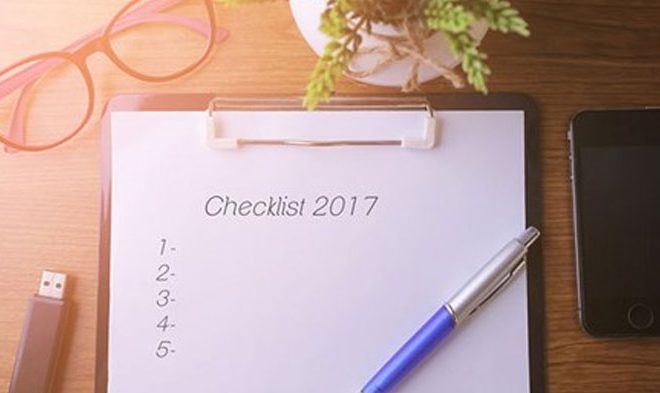6 ways to protect yourself against cellphone banking fraud
Let’s face it we live in a world driven by technology; from our 50” televisions to our micro thin laptops, technology consumes our everyday lives. The most significant of all these contraptions has to be the cellphone. It lives in our pocket, our handbag and next to us at work and provides us with a world of online opportunities. With a tap of the finger you can share the latest picture of your cat with all your Instagram followers or let the world know how you are feeling in 140 characters on Twitter.
More importantly, with mobile apps available from the banks you can make payments and check your bank balance all with the convenience of the smartphone. But don’t be fooled into thinking that your banking details are safe because you are using a trusted and secure app. Online is online, which means that no matter what, hackers will still find a way to retrieve your details, whether you are on your laptop or smartphone.
Here are 6 tips to protecting your details when using cellphone banking.
Don’t auto-save your passwords
We know that it is sometimes easier to auto-save your password rather than remember it, nonetheless if someone steals your phone they will automatically have access to your bank account. Rather write your password down somewhere, or create one that is simple enough to remember but not too easy for another person to figure out. Saving your password to your phone will just make it easier for someone else to gain access to your funds.
Watch out for counterfeit apps
Don’t be fooled into believing that all banking apps are legitimate. Online hackers are smart and will find anyway to trick you; and planting fake apps in your app store is not beneath them. There are so many of these apps lurking around, which is why we advise you to rather download your bank’s app directly from their website.
Free wifi hotspots spells trouble
While there is nothing wrong with enjoying a bit of free wifi from your local coffee shop, you need to be aware of the potential risks. Free wifi equates to an open wireless connection, which means that hackers will be able to access your online activities. Open connections are not secure so rather use your banking app when you are using a secure wifi line or with your mobile data.
Reduced reception means poor security
Even if you are using your mobile data to access your banking app, it should be noted that if there is a drop in reception, whether you are on 4G or 3G, the risk of your transaction failing and being accessed by an unauthorised third party is greater. Rather wait until you have a secure internet connection before using the app.
Delete all information from your old phone
Smartphones store your information so when you change devices make sure you clean it up before selling it or giving it to someone else. Delete all apps and any personal information that may lead to someone gaining your private details; the cleaner your old phone is, the better.
Keep your app updated
Whenever there is an update for your banking app make sure you install it as soon as possible. Outdated apps often mean outdated security. Keep in mind that you should only install these updates when you are connected to a secure wireless network.
MoneyShop





